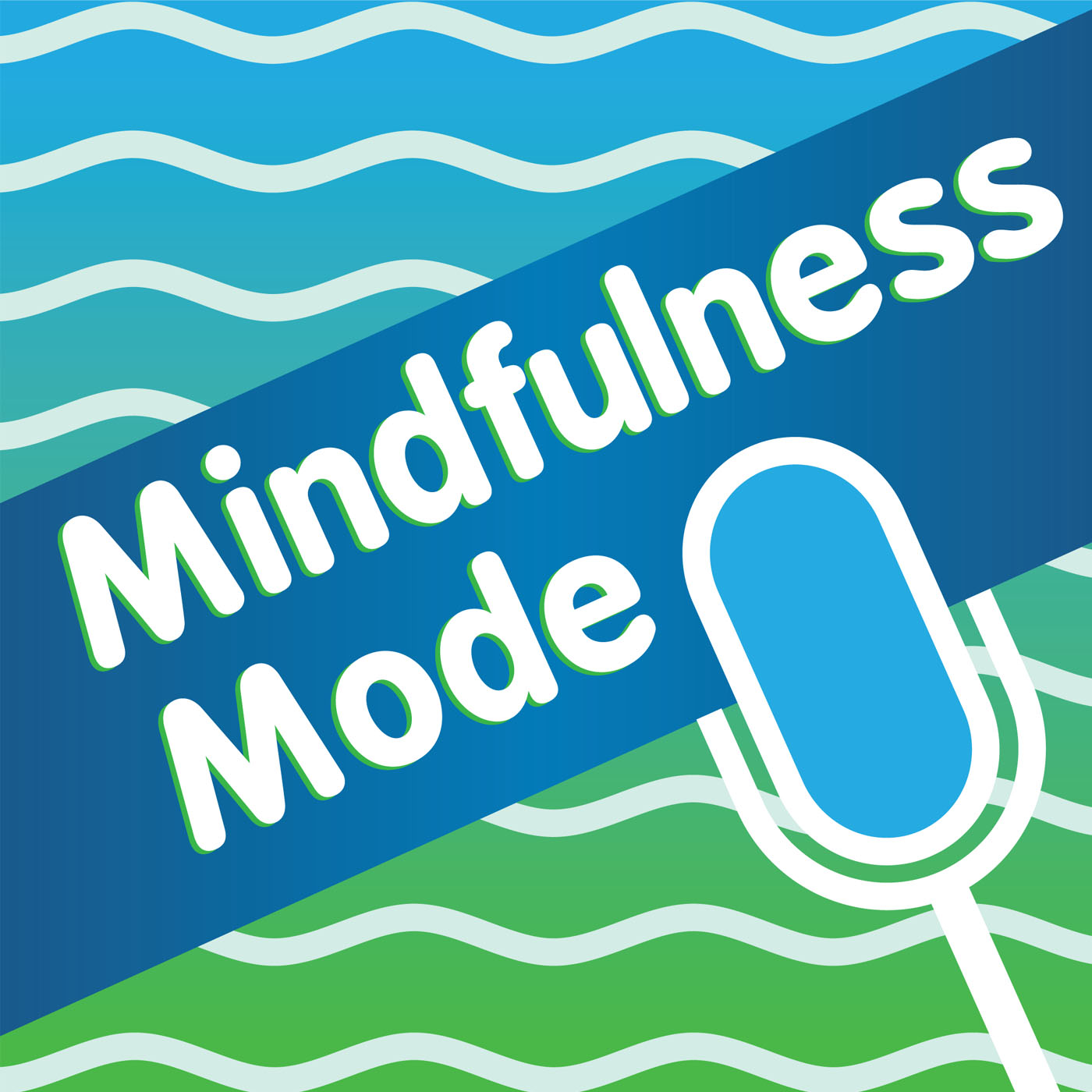
Mike Bundrant is a master NLP practitioner. NLP stands for Neural Linguistic Programming. He is the founder of the INLP center in California where they specialize in learning and teaching NLP. He's a former Psychotherapist and is cofounder of Healthy Times Newspaper. He's also a featured blogger on the world's top mental health website called PsychCentral dot com. Mike has a unique perspective on self-sabotage; he knows how to empower his clients to reach higher levels of emotional health.
Contact Info
- Company: INLP Center
- Website: www.inlpcenter.org
- Facebook: www.facebook.com/inlpcenter
Most Influential Person
- Peter Michaelson (www.WhyWeSuffer.com)
Effect on Emotions
- In terms of my emotions, I would say mindfulness has effected my positive emotions by helping me own them more and making them more alive and my negative emotions by making them workable. It hasn't banished them, it's just made them workable.
Thoughts on Breathing
- Breathing is part of my mindfulness meditation in the beginning. I don't have a breathing mindfulness practice. I just make sure I take a few deep breaths in the very beginning of my meditation and really focus on the tension that full lungs create, the muscle tension.
- When I let it out and relax, I just notice the tension release and my chest fall. Two or three rounds of that and then I don't really return to the breathing. It is an area that I've been interested in learning more about.
Suggested Resources
- Book: The Phantom of the Psyche: Freeing Ourself From Inner Passivity by Peter Michaelson
- App: Good Habits (It's not a mindfulness app, its a habits app – it increases mindfulness because it increases awareness.
Bullying Story
- This reminds me of self-bullying, when we bully ourselves. Mindfulness can be so helpful if we're bullying ourselves because usually if I hear an inner voice,
- I'm not even aware that this is an inner voice I'm responding to as if it were real. These inner voices use the word, ‘you'. You're going to fail, you're no good.
- It’s talking to you as if you’re someone else. We respond to them as if someone else were saying this to us, and we believe it.
- And so, mindfulness can help this in so many ways. First becoming aware. You have to stop resisting these voices.
- This is happening and mindfulness is not just about the positive. Negative things are so much better if they’re experienced mindfully.
- When my inner voice says, people are not going to like you, I say (and I hope listeners are going to do this).
- This is the story so many people I’ve worked with have told me. You hear the voice, you listen to it and then you repeat it, but you change the you to an I. Ok, you are going to fail, the voice in my head just said that to me.
- And I say, Ok, I am going to fail. And then you tag on the word and. It’s sort of like saying, ‘tell me more’. So, I am going to fail … because I am no good. And tell me more … I’m not going to fight you. I’m just going to acknowledge that you said this to me.
- This inner voice said this, I’m going to own it. After a few rounds of doing this, a couple of things happen. First, it goes quiet. People say to me, I’m not hearing this voice anymore. They say, what does that mean. And I say, just enjoy the quiet.
- A lot of us are not used to a quiet mind. And sometimes that voice, after being heard says … oh, it might not be so bad.
- That’s how mindfulness can make a huge difference to how we bully ourselves. Bullying is an inner game. Whether it involves someone else, or ourselves, it all starts on the inside.
- To me, bullies, people who bully others, they’re chasing their own helplessness and trying to empower themselves but it only leads to more helplessness. It’s an inner phenomenon.
- The bully is the last person in the world who is going to admit to their helplessness.








